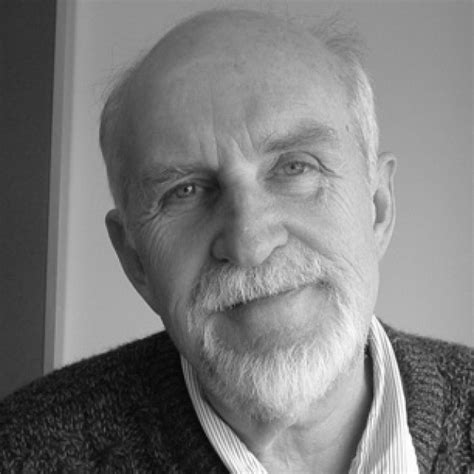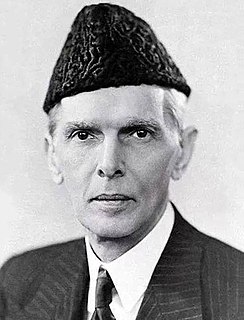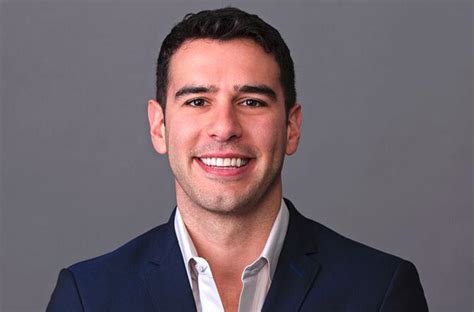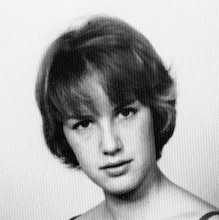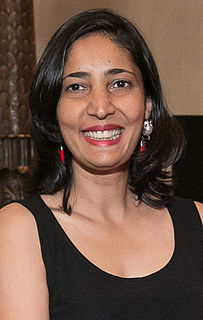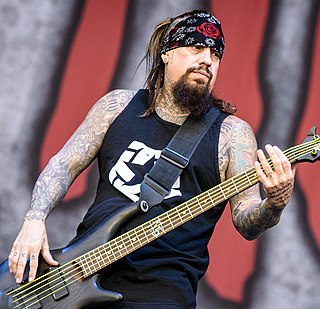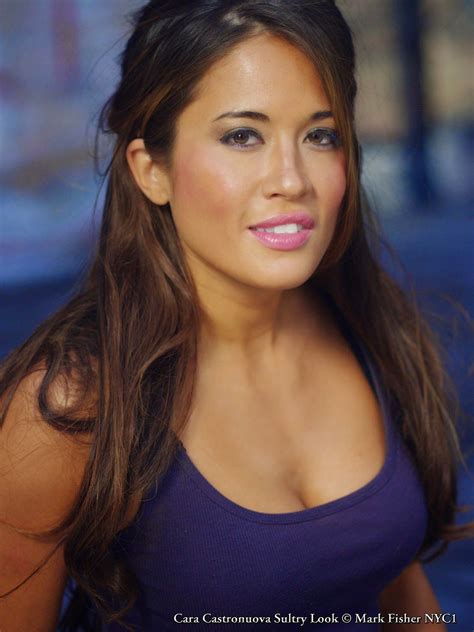A Quote by Saroo Brierley
When I came to Australia in 1987 as an adoptee from India, I could not have had any idea where my life journey would take me.
Related Quotes
My journey began with a single pencil. While traveling through India in 2006, I asked a boy begging on the streets, 'If you could have anything in the world, what would you want?' and he answered me with two words: 'A pencil.' Luckily, I had one in my pocket, and in the second it took me to give it to him, a defining dream was born.
[Photographer Julian Wasser] had this great idea that I should play chess naked with Marcel Duchamp and it seem to be such a great idea that it was just like the best idea I'd ever heard in my life. It was like a great idea. I mean, it was - Not only was it vengeance, it was art, and it was, like, a great idea. And even if it didn't get any vengeance, it would still turn out okay with me because, you know, I would be sort of immortalized.
Looking a dead insect in the sack of basmati that had come all the way from Dehra Dun, he almost wept with sorrow and marvel at its journey, which was tenderness for his own journey. In India almost nobody would be able to afford this rice, and you had to travel around the world to be able to eat such things where they were cheap enough that you could gobble them down without being rich; and when you got home to the place where they grew, you couldn't afford them anymore.
And in truth (as I now see) I had the wish to put off my journey as long as I could. Not for any peril or labour it might cost; but because I could see nothing in the whole world for me to do once it was accomplished. AS long as this act lay before me, there was, as it were, some barrier between me and the dead desert which the rest of my life must be.
Where there was nature and earth, life and water, I saw a desert landscape that was unending, resembling some sort of crater, so devoid of reason and light and spirit that the mind could not grasp it on any sort of conscious level and if you came close the mind would reel backward, unable to take it in. It was a vision so clear and real and vital to me that in its purity it was almost abstract. This was what I could understand, this was how I lived my life, what I constructed my movement around, how I dealt with the tangible.
I had in effect been thrown out of graduate school because I was a lousy graduate student, and I had to find a job, and I took the first job that came along. It happened to be a management trainee job in a life insurance company, and I just stayed. It was always, mainly, the idea was that I would support myself as a writer, and I knew I would have to have some sort of work, and it didn't make a whole lot of difference to me what it was. I mean, I could have been a paper hanger or something for that matter.
CBGB was a wild place, ... The first time I ever played there was in 1987, I think, with my hardcore band, Scream. And I remember the craziest [thing] about that club was you could be in
front of the stage and it could be louder than any show you've ever been to in your life. But if you were towards the back of the club at the bar, you could sit and have a conversation with
someone. It was the weirdest thing to me.

